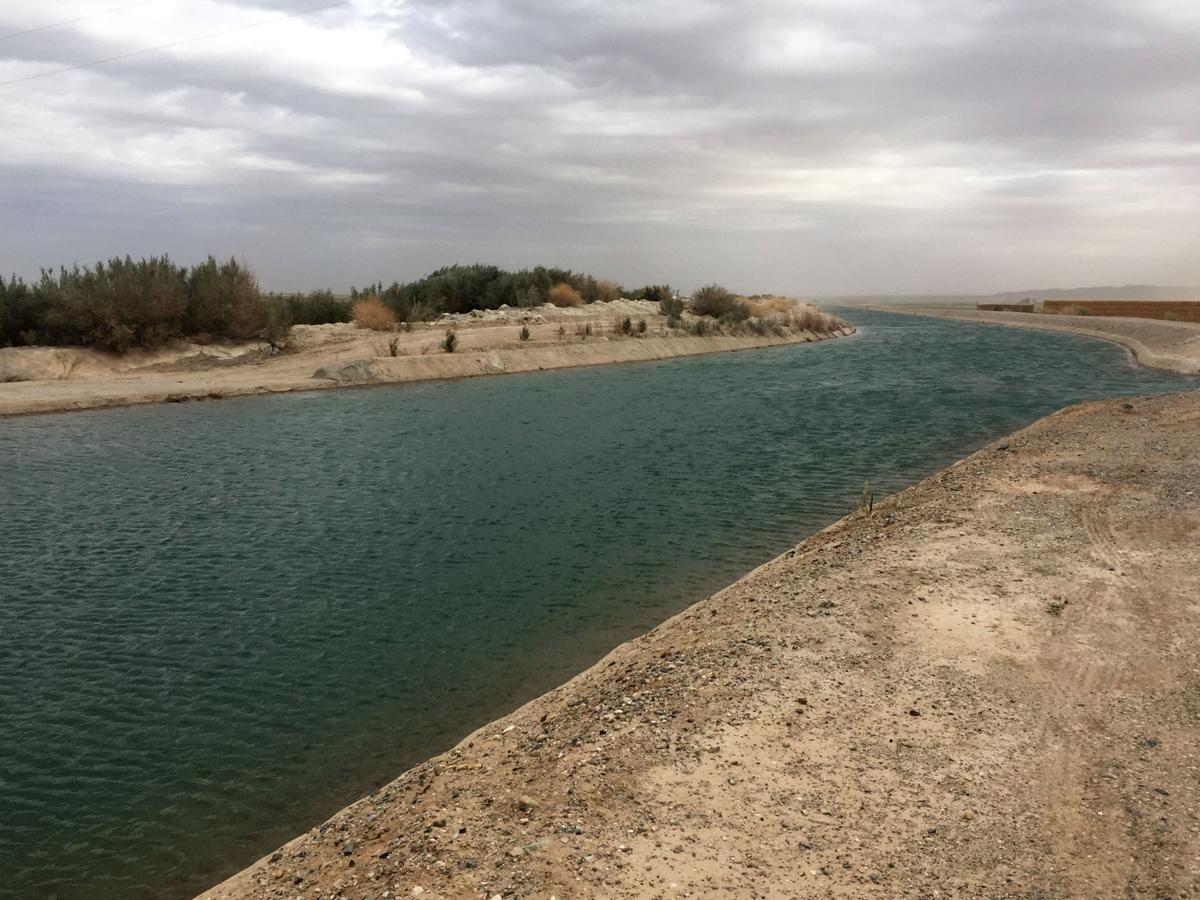The fate of a water-leasing efforts by the Colorado River Indian Tribes is unclear after a recall election that narrowly forced the architect of that plan from office.
Tribal Chairman Dennis Patch, who helped shepherd discussions to lease some of the tribes’ water for use in Central and Southern Arizona, lost by two votes in a recall election late last month that was triggered by opponents of leasing.
But Patch, along with a second tribal council member who was ousted in the April 28 recall, has announced plans to run again in an upcoming special election to fill the vacancies. On Friday, a tribal spokesman said the tribes have set July 7 as the date for the second election.
Patch lost 469-467. Councilwoman Valerie Welsh-Tahbo was recalled on a vote of 495-441.
The other seven incumbents held their seats by margins of 33 to 252 votes. Patch’s tribal chairman’s post will be temporarily held by Tribal Vice Chairman Keith Moses.
The tribes, which are headquartered in Parker in LaPaz County, hold the single biggest share of Colorado River water rights in Arizona by far — around 660,000 acre-feet. That’s nearly five times more water rights than the city of Tucson has from the Colorado River. It’s more than double the amount held by the state’s second-largest river-water holder, the Gila River Indian Community, based in Sacaton south of Phoenix.
The Colorado River tribes use much of that on crops grown on the reservation, particularly alfalfa, but much of it still runs downstream, unused.
The Colorado River Indian Tribes include members of the Mohave, Chemehuevi, Hopi and Navajo tribes, and have 4,277 enrolled tribal members.
The tribes’ 300,000-acre reservation has been awash in political strife since disgruntled members started organizing the recall last fall. Tribal Chairman Patch and his supporters have promoted the leasing proposition as a way to provide a “drought supply” to parched areas of suburban Tucson and Phoenix, among other places.
They also said the leasing would raise money, in the hundreds of millions of dollars, to help pay for expanded tribal social welfare and economic development programs.
But recall organizers Amber Van Fleet and Timothy Stevens-Welsh argued that the water should stay on the reservation because of the tribes’ historic cultural and spiritual attachment to the river.
They were also critical of what they saw as excessive secrecy among tribal leaders.
Following what they said are customary negotiating tactics, tribal officials signed a nondisclosure agreement in May 2016 to keep private the details of their negotiations with the Arizona Department of Water Resources, the Central Arizona Water Conservation District and the Phoenix utility Salt River Project, among other entities.





